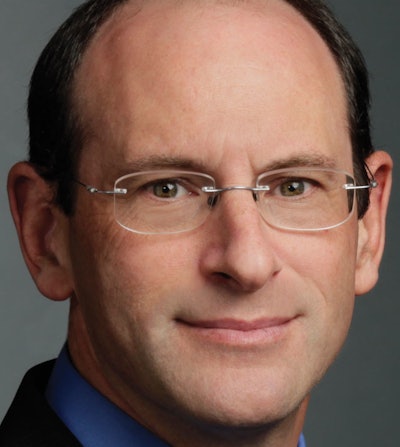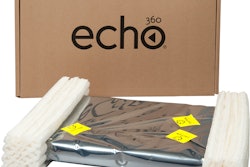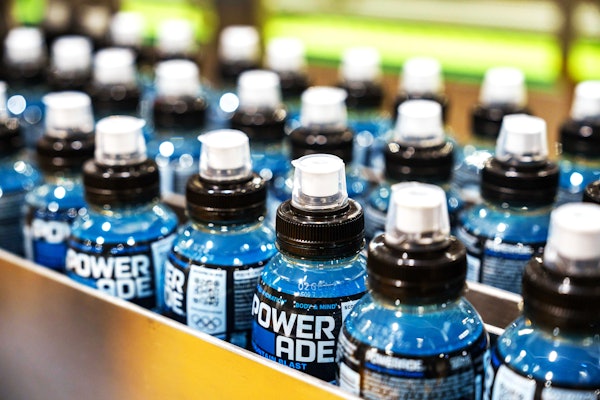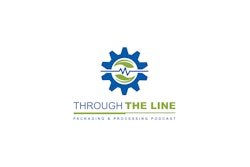
The food label, I like to say, is the town square where we play out the issues of interest to Americans having anything to do with diet and health. The same goes for food advertising.
This month, crucial developments in three different label and advertising squabbles prove the point: First, an interesting mix of bad news for a company and good news for everyone else who makes food claims in advertising. Second, encouragement for those who claim it’s misleading consumers to call high fructose corn syrup “corn sugar”. And third, an ‘all natural’ label claim was ruled not misleading under California law, mostly because the label complied with federal law.
Let’s take a closer look, 1, 2, 3.
1. Pom Wonderful claimed in ads that its 100% pomegranate juice and POMx supplements could help with heart disease, prostate cancer, and erectile dysfunction. The Federal Trade Commission’s administrative law judge said that some of the claims were false and not supported by scientific evidence. Pom Wonderful has already said they will appeal.
Along the way of his 345-page decision (if it takes you more than 4 hours to read it, call your doctor), the judge set out a framework of lesser proof for food advertising claims than for drug approval by FDA.
Everyone agrees, said the judge, that to substantiate a label or advertising claim, you need “competent and reliable scientific evidence,” and FTC says that means “well-designed, well-conducted, randomized, double-blind, placebo-controlled human clinical trials” abbreviated as “RCTs.” Not so, said Pom, as test-tube studies, animal studies, and pre-clinical research and pilot studies are perfectly adequate proof of health benefits in food advertising claims.
The judge sided with Pom, and said the law doesn’t require that you have RCTs to substantiate all a food ad’s health-related claims of effectiveness. He said the experts in the field appear to be saying clinical studies are needed, “although not necessarily RCTs,” which are more elaborate.
The judge said when you are dealing with a food or food-derived product, and it’s safe, and it’s not being offered as a substitute for medical treatment, you don’t need RCTs. However, if such products are claimed to treat, prevent, or reduce the risk of disease, you gotta have clinical trials that prove your claims, though, even then, they need not necessarily be RTCs. He also said FTC can’t require the company to get specific preapproval of its claims from FDA.
Still, the judge found that for many of the claims implied in Pom’s advertising, the company lacked the needed substantiation.
If this decision holds up on appeal, its outline of necessary substantiation would rein in overreaching by FTC, and allow food packagers to make more label and advertising claims than otherwise.
2. What’s in a name? Sometimes, plenty. There’s a lawsuit now by sugar makers against corn refiners accusing them of false advertising by referring to high fructose corn syrup as “corn sugar” in advertising. It was filed last year in federal court in California.
In May, in a separate development, FDA said “No” to a petition to allow packagers to use the name “corn sugar” as alternative for HFCS. The Corn Refiners Association had asked for the change, but FDA said “corn sugar” wouldn’t be an acceptable “common or usual name” for HFCS in part because consumers think of sugar as the “solid, dried and crystallized sweetener obtained from corn,” while HFCS is “an aqueous solution,” a syrup, so calling it sugar would be confusing. Also, “corn sugar” has long been a permitted alternative name for dextrose, says FDA.
Will the court case reach the same conclusion? Maybe.
3. Finally, in the PepsiCo case, the products in issue were Lifewater beverages. The plaintiffs complained that these flavored water drinks were not “all natural” as claimed, that their use of fruit names to designate their flavors was misleading because the products contained no fruit, and that the products’ use of vitamin names was misleading because the vitamins were “synthetic or created via chemical processing,” said the judge. The plaintiffs brought a class action on behalf of other consumers, alleging violation of California’s False Advertising and Unfair Competition laws, and a federal law prohibiting breaches of express warranties.
The court said the federal law preempted, or overrode, any claims about the use of fruit names to describe the flavors, and claims about the names of vitamins being misleading. After all, the label claims complied with FDA’s requirements, and the federal law contains an express preemption provision that prohibits states from making different requirements on these topics.
So, as long as you comply with those FDA labeling requirements, you can’t get into trouble for violating any state law for making those label claims. Once those claims were out, the court said the plaintiffs’ allegation that the label claim ‘all natural’ was deceptive went poof, because it depended on the fruit name and vitamin statements.
In a couple of especially nice vindications for careful labeling, the court first credited Lifewater for qualifying its ‘all natural’ claim on the label with the additional statement “with vitamins” or “with B vitamins.” The court said those qualifiers made it clear Lifewater wasn’t claiming the product was “all natural” in “a vacuum,” and said consumers would know the label wasn’t claiming the vitamins were natural.
Second, the court confirmed that the presence of more detailed information within the list of ingredients is a legitimate way to clear up any ambiguity that other label claims might create. As the federal appeals court in California has said before, “reasonable consumers expect that the ingredient list contains more detailed information about the product that confirms other representations on the packaging.”


























